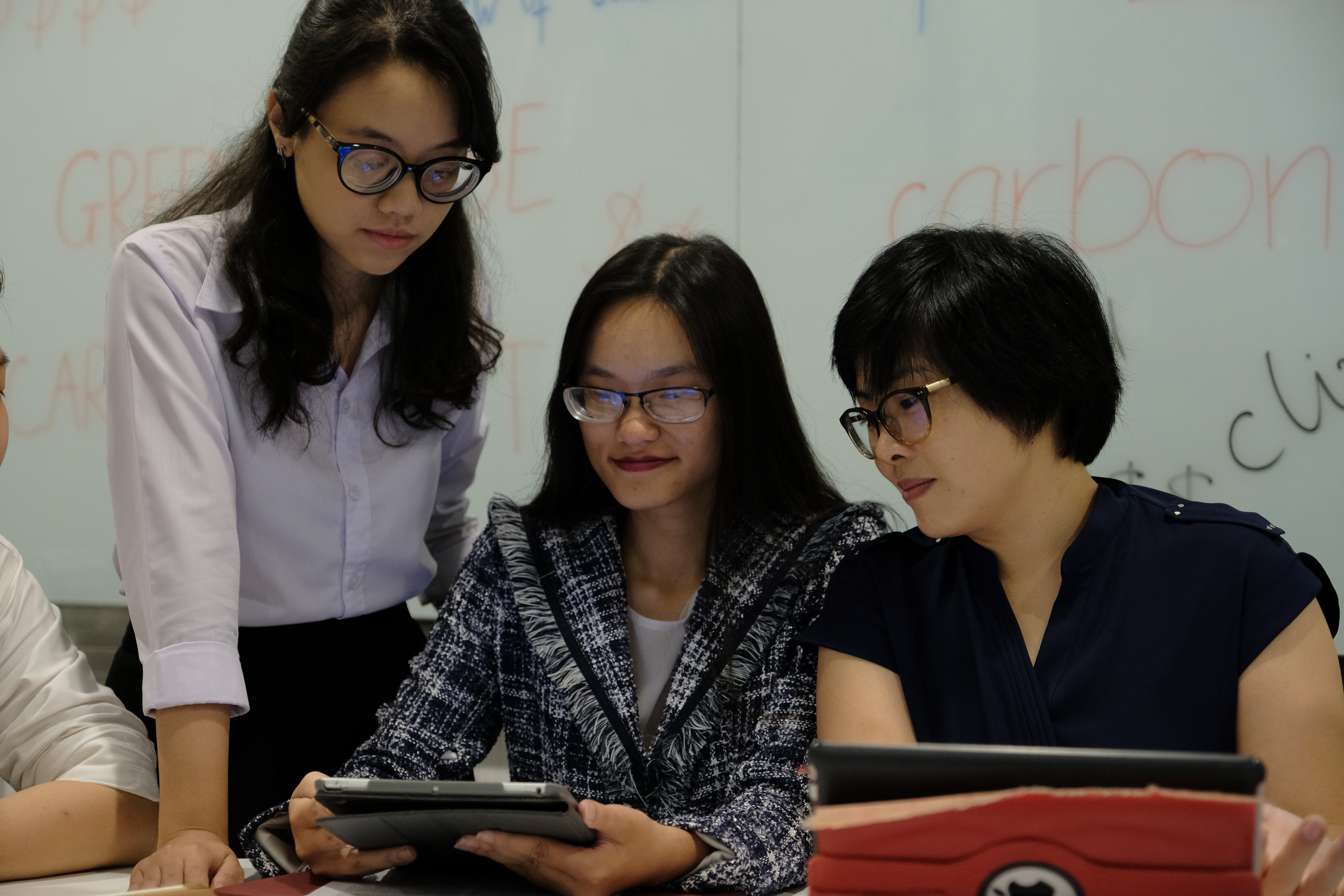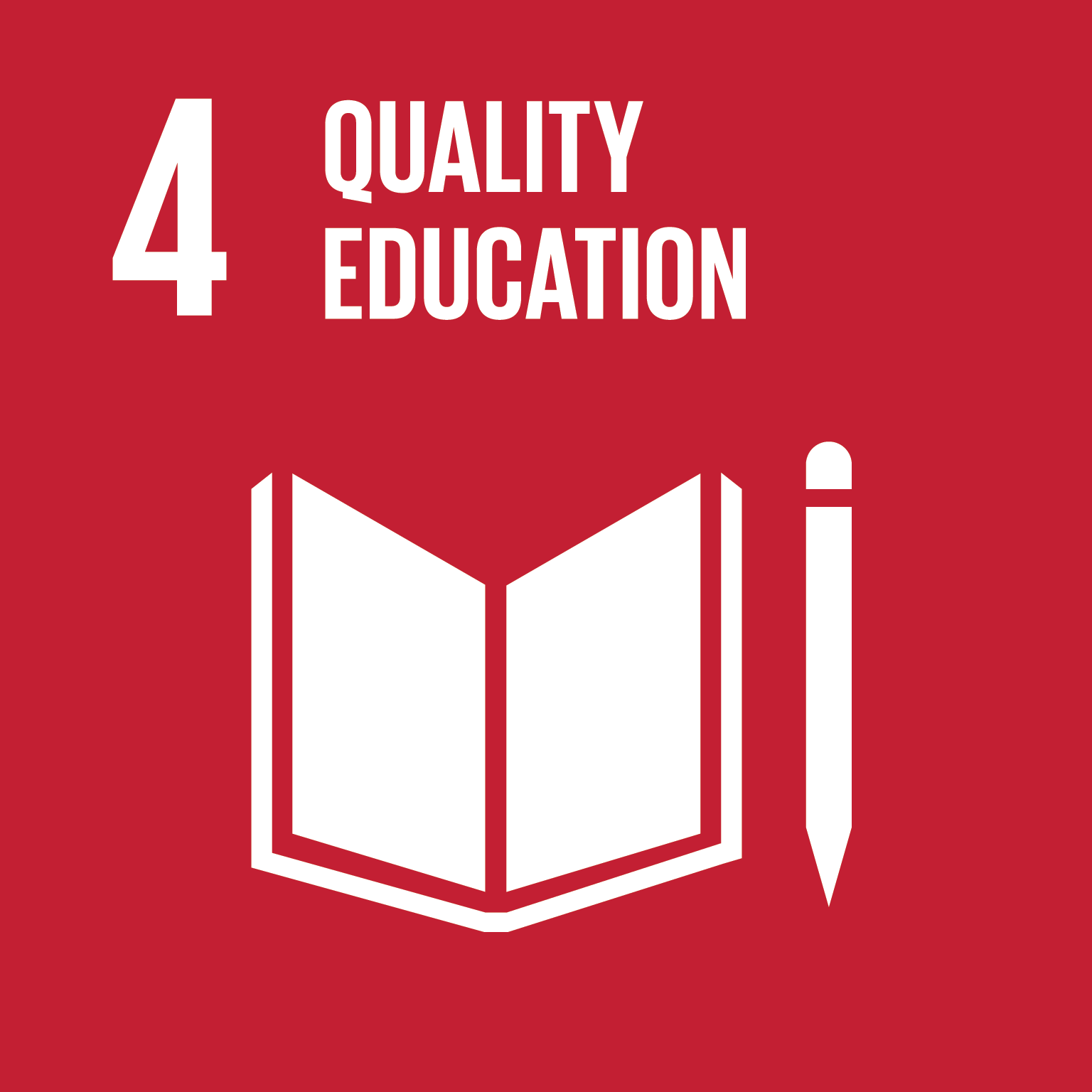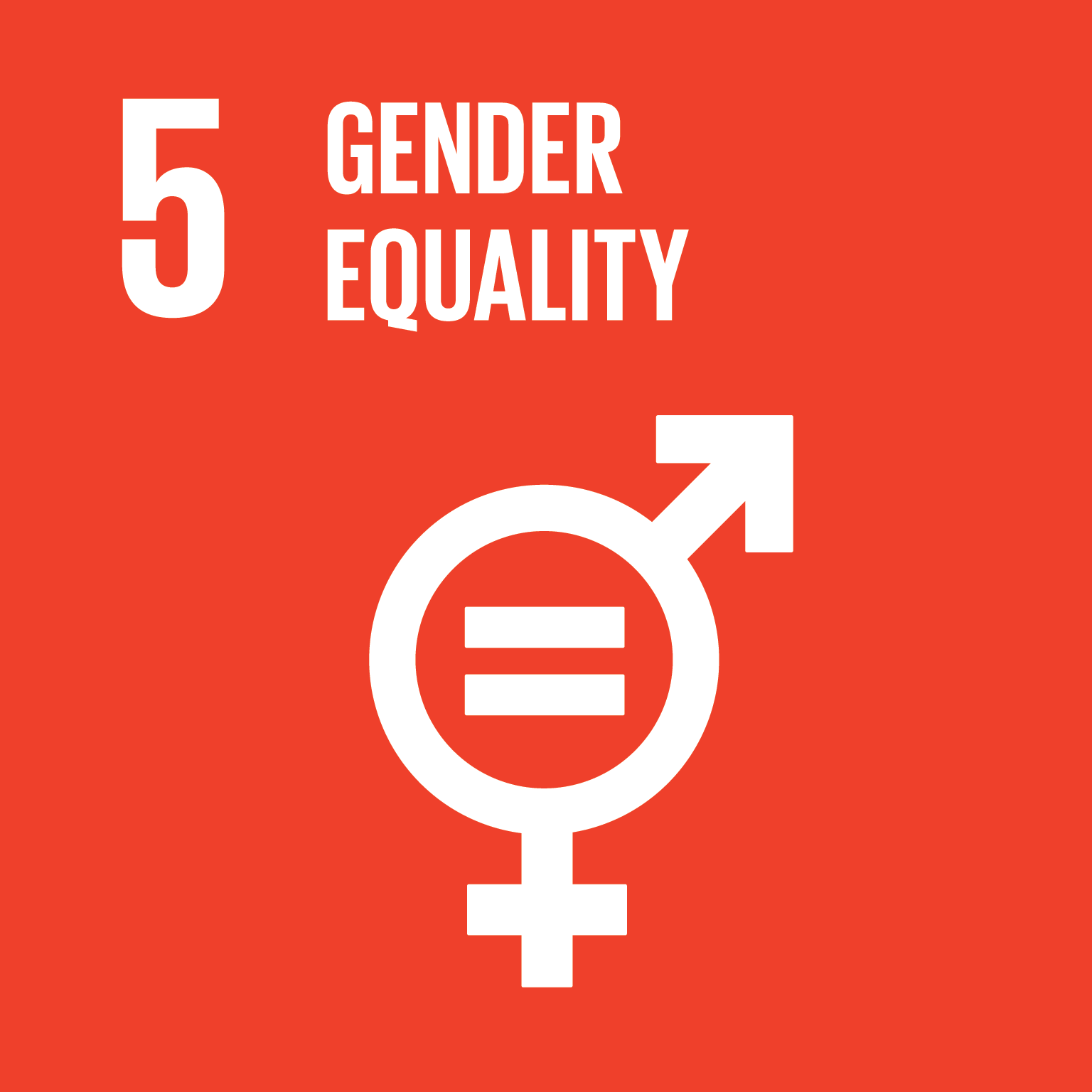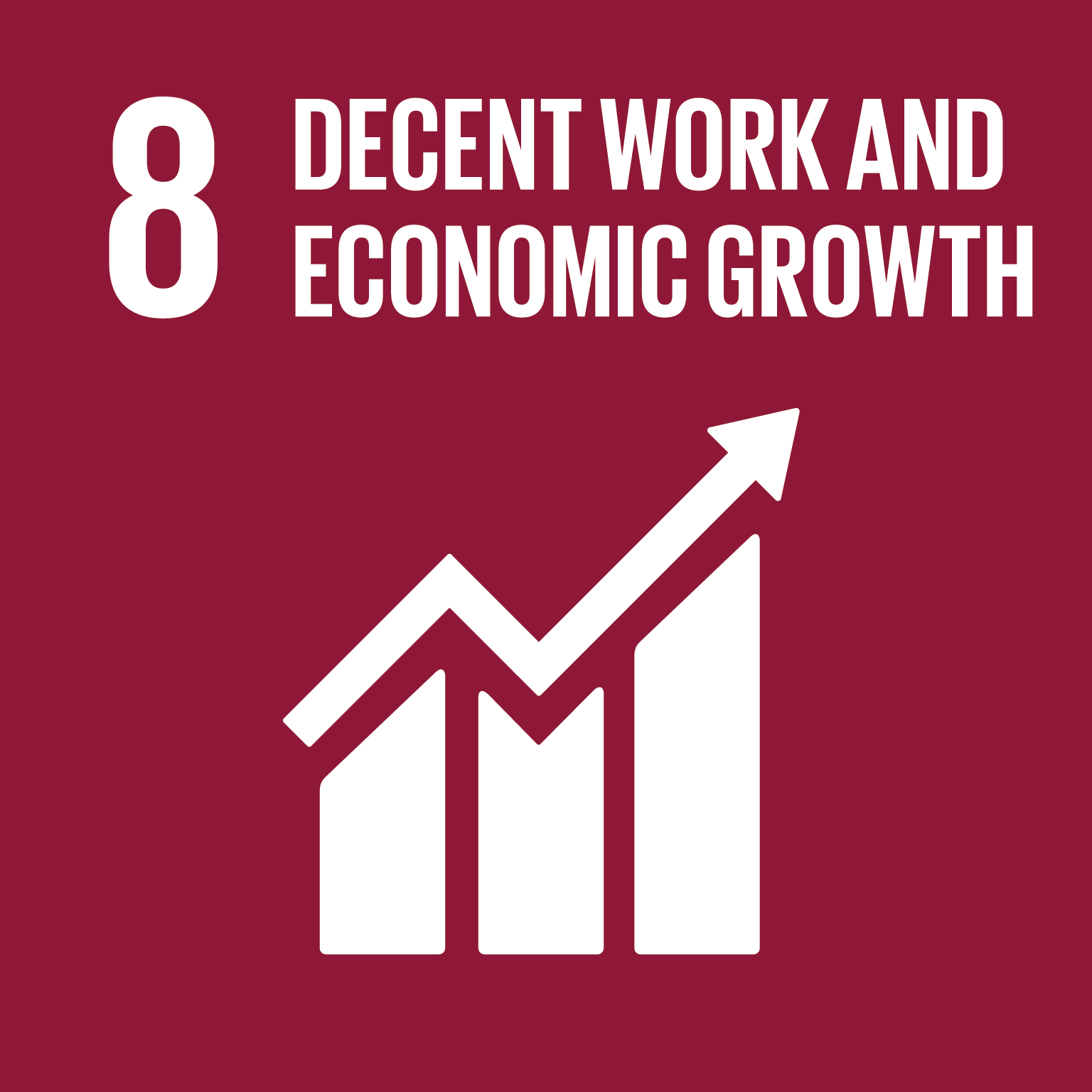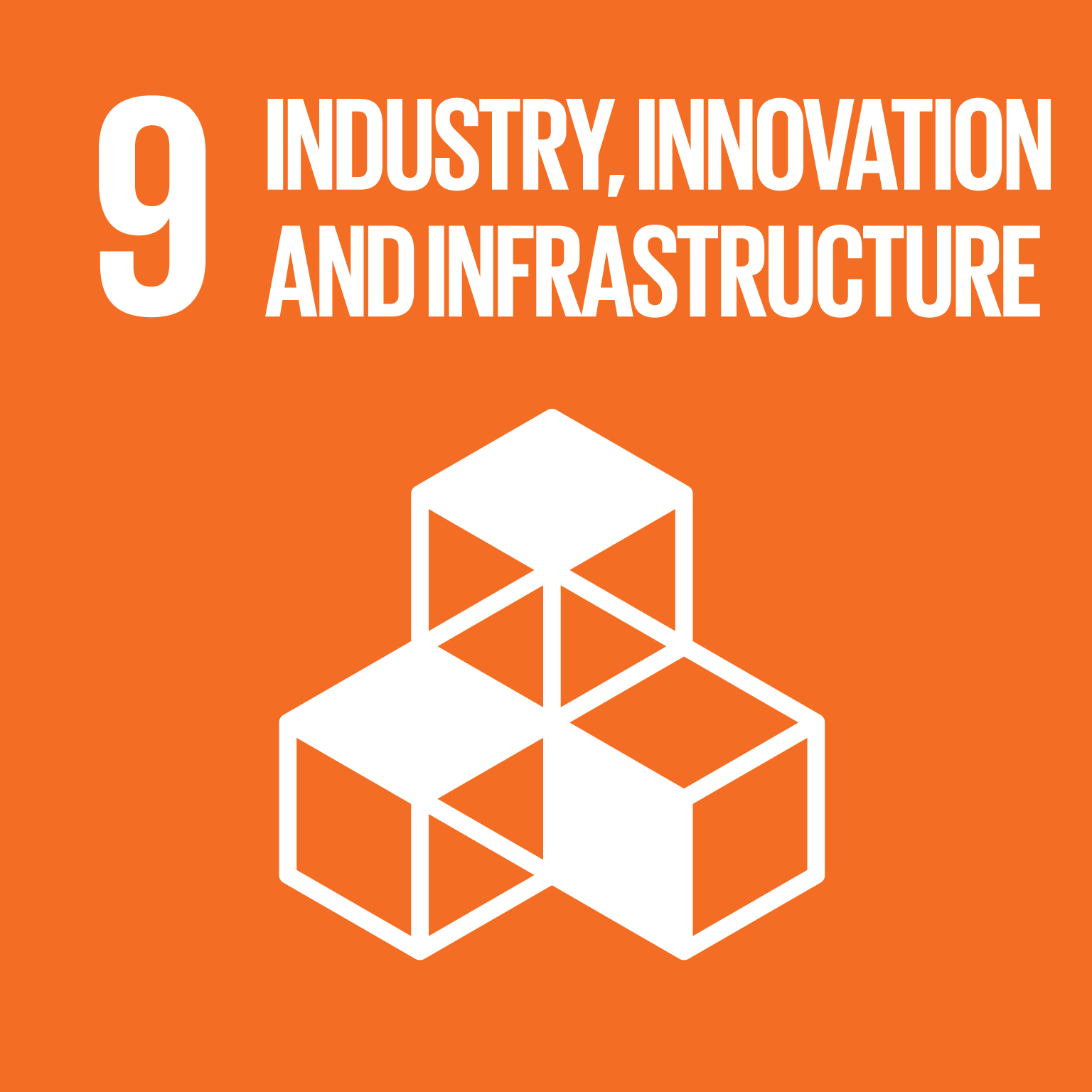In recent years, Vietnam’s economy experienced rapid growth and integration into the global economy.
In recent years, Vietnam’s economy experienced rapid growth and integration into the global economy. Accompanying this globalization trend, entrepreneurship has seen a distinct emergence and has become one of the most important elements that contribute to the Vietnamese economic development.Many nascent entrepreneurs start their business at a young age and lack a solid educational background related to business knowledge and skills, such as leadership, management and negotiation skills, which, in turn, leads to more disadvantages than their competitors from large businesses or other countries. In order to strengthen knowledge and skills amongst nascent entrepreneurs and improve their performance, this project aims to develop a self-training program that assists nascent entrepreneurs in Vietnam in improving their negotiation skills in business. The development of the training program is based on the results of qualitative and quantitative analyses. Using cognition theory assists researchers in obtaining an in-depth understanding of the nascent entrepreneurs’ beliefs in the negotiation realm. The findings of a semi-structured interview with nascent entrepreneurs in different fields will enable researchers to form hypotheses related to the various factors influencing the negotiation process in practice, and empirically measure the nascent entrepreneurs’ negotiation categorisations on a larger scale. Based on these comprehensive findings, a complete training program will be developed and launched on the Android platform.
Project timeline: 2018 - 2019
Key contributors: Quynh Nguyen
